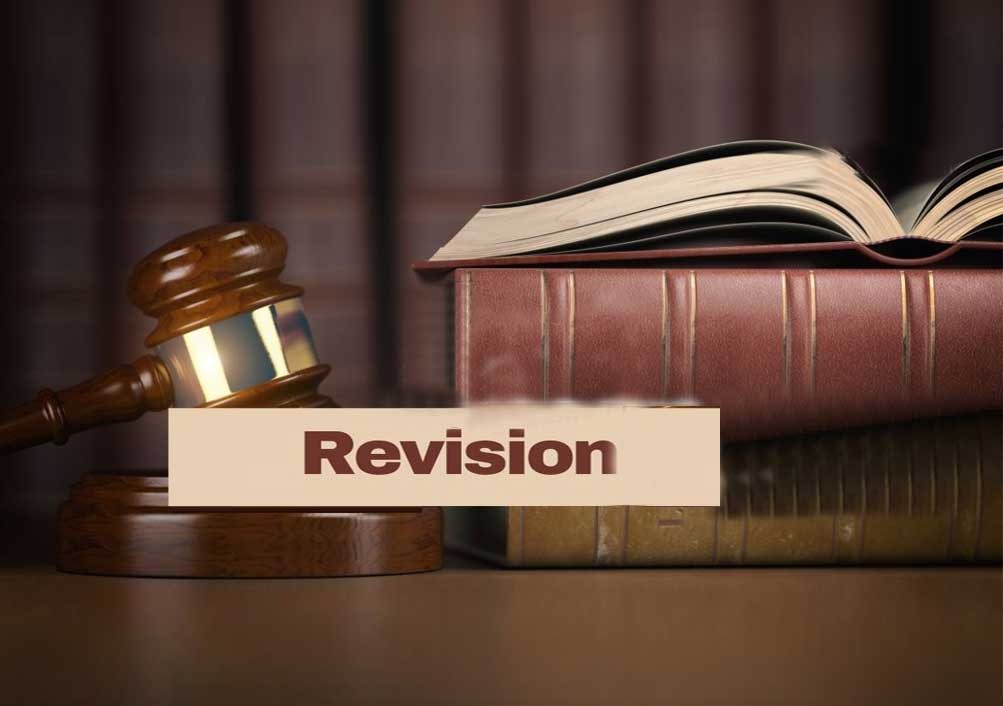In Suo Motu WP(Crl.) No.1 of 2022-SC- Apex Court refers to 5-judge Bench suo motu petition for framing guidelines regarding potential mitigating circumstances to be considered while imposing death sentences
Justices Uday Umesh Lalit, S. Ravindra Bhat & Sudhanshu Dhulia [19-09-2022]

Read Judgment:IN RE: Vs. FRAMING GUIDELINES REGARDING POTENTIAL MITIGATING CIRCUMSTANCES TO BE CONSIDERED WHILE IMPOSING DEATH SENTENCE
New Delhi, September 20, 2022: Due to a difference of opinion amongst various judgments, on the question of whether, after recording conviction for a capital offence, the court is obligated to conduct a separate hearing on the issue of sentence, the Supreme Court has observed that the question of what constitutes sufficient time at the trial court stage requires consideration and clarity.
The Larger Bench of Chief Justice Uday Umesh Lalit, Justice S. Ravindra Bhat and Justice Sudhanshu Dhulia was considering this Suo Moto Writ Petition for framing guidelines regarding potential mitigating circumstances to be considered while imposing death sentences.
The Top Court’s decision in Manoj Pratap Singh v. State of Rajasthan,is an example, where sufficient time for compliance with Section 235(2) CrPC was considered and it was concluded that the trial court had scrupulously carried out its duty in terms of Section 235(2) since the sentence was awarded 3 days after the conviction, after considering both the aggravating and mitigating circumstances.
After hearing the parties on the question of conviction in Manoj Case (Supra), this court had adjourned the matter for submissions on sentencing, with directions. Reference was also made to orders passed by the Court eliciting reports from the probation officer, jail authorities, a trained psychiatrist and psychologist, etc., to assist the accused in presenting mitigating circumstances.
Noticing the lack of a uniform framework in this regard, the present Suo Motu Writ Petition was initiated wherein this court had indicated by its orders the necessity of working out the modalities of psychological evaluation, the stage of adducing evidence in order to highlight mitigating circumstances, and the need to build institutional capacity in this regard.
After extensively discussing its judgments in Bachan Singh v State of Punjab,Santa Singh v. State of Punjab, Muniappan v. State of Tamil Nadu, the Top Court opined that the common thread that runs through all these decisions is the express acknowledgment that meaningful, real and effective hearing must be afforded to the accused, with the opportunity to adduce material relevant for the question of sentencing.
Also referring to provisions of the Code of Criminal Procedure, the Bench stated that what is conspicuously absent, is consideration and contemplation about the time this may require. In cases where it was felt that real and effective hearing may not have been given (on account of the same day sentencing), this court was satisfied that the flaw had been remedied at the appellate (or review stage), by affording the accused a chance to adduce material, and thus fulfilling the mandate of Section 235(2).
The Bench, thus held, “The question of what constitutes sufficient time at the trial court stage, in this manner appears not to have been addressed in the light of the express holding in Bachan Singh. This, in the courts considered opinion, requires consideration and clarity.”
The Bench opined that the apprehensions relating to the absence of such a framework was also recorded in the final judgment of Manoj Case (Supra) wherein the importance of a separate hearing and the necessity of background analysis of the accused, was highlighted. It was also noted by the Bench that there exists a clear conflict of opinions by two sets of three judge bench decisions on the subject. In Bachan Singh case (Supra), the Top Couer had taken into consideration the fairness afforded to a convict by a separate hearing, as an important safeguard to uphold imposition of death sentence in the rarest of rare cases.
Thus, noting that it is necessary to have clarity in the matter to ensure a uniform approach on the question of granting real and meaningful opportunity, as opposed to a formal hearing, to the accused/convict, on the issue of sentence, the Bench concluded the matter by stating, “Consequently, this court is of the view that a reference to a larger bench of five Honble Judges is necessary for this purpose. Let this matter be placed before the Honble Chief Justice of India for appropriate orders in this regard.”
Sign up for our weekly newsletter to stay up to date on our product, events featured blog, special offer and all of the exciting things that take place here at Legitquest.




Add a Comment